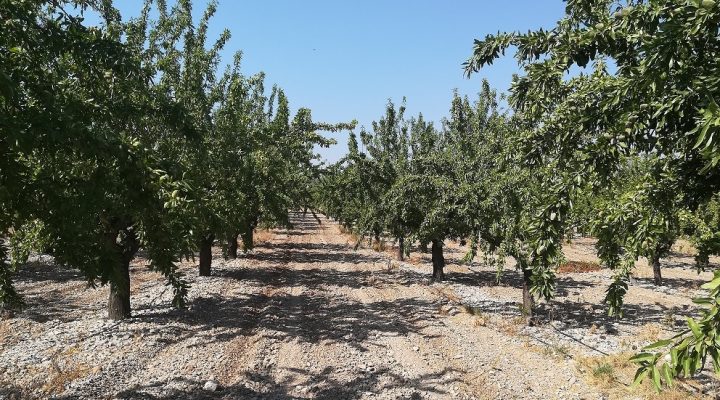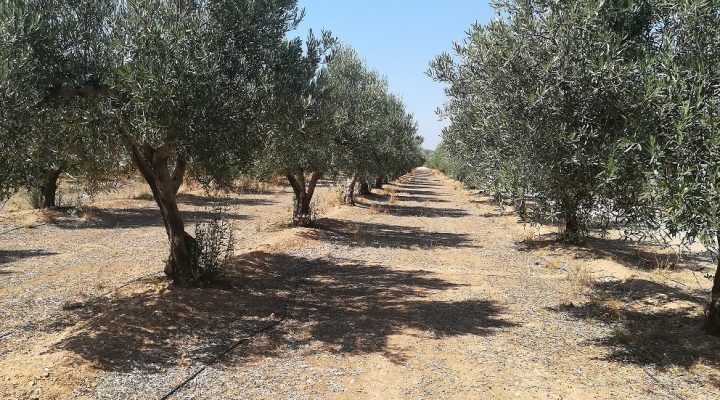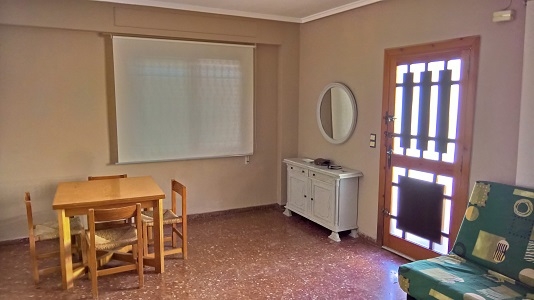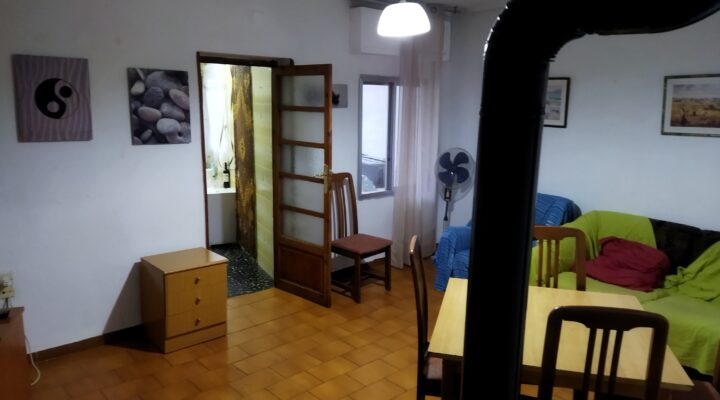University Students as Headlines Buyers
I have aAndnbsp;propensity to gush about research studies generated fromAndnbsp;Job Material Literacy. Alison Brain and her study spouses have designed the best arduous extensive-direction camera lens on the really matter IAndrsquo;ve been puzzling throughout for my complete employment: how learners process investigation and exactly how libraries supports their studying. Research studies about how college students use data abound, but none have the methodological style or breadth because research PIL has designed up to now ten years, covering up everything from the changeover to university from what arises once graduating.
There’s a fresh examineAndnbsp;just unveiled having a well timed place emphasis – how university students take part with news reports. (100 % disclosure: in August I found myself welcomed to a interdisciplinary gathering to discuss earlier conclusions for this study, a thing IAndnbsp;had written aboutAndnbsp;right here. I even receive a paragraph of my own, personal on the state.) It is the lacking item which has been in my thoughts one of the most lately. Do the kinds of inquiry we question trainees to complete for tutorials relocate with other cases? Can university students sound right of real information they experience beyond school? Does what we should caused by assist pupils grow to be data literate basically subject outside of graduation?
Like in prior studies, the range is actually comparatively legendary. Pretty much 6,000 pupils were definitely questioned at 11 institutions. Pre-review emphasis teams, opened-ended answers and mobile phone interviews additional added remarks. Eventually, throughout 700 Tweet rss feeds of college students who volunteered their grips were analyzed and compared essay on writing to a pre-existing board in excess of 100,000 university age group Twitting people. ItAndrsquo;s not surprising handful of librarian-professionals can strategy the breadth of such experiments – itAndrsquo;s an enormous task.
The great thing is university students typically are not indifferent to press, neither is he or she gullible. Only 8 per cent explained they wear’t stick to media by any means, 1 detailing it seemed a diversion from academics. That was pushing. IAndrsquo;ve informally polled learners with regards to their reports practices for several years, and focus appears to be much higher now than it turned out a decade or two earlier, certainly due to the fact information and facts of all types is a lot more ubiquitous than it was subsequently just before social bookmarking and Metacafe, probably for the reason that individuals come to feel significantly more troubled by activities now as compared to calmer days. Individuals get headlines by their mates and from faculty not to mention from a variety of providers, generally on-line.
A substantial a lot of university students believe that journalism is very important to democracy, and quite a few really feel there is a civic obligation to be well informed, but nearly fifty percent of really feel newspaper writers inject bias in their reviews. Possibly that doubt is exacerbated since media occurs by many different channels which happen to have distinctive incentives. Advertisement positioning is really a sales reference for classic press corporations, but it surelyAndrsquo;s not their objective. Particular advertising and marketing isAndnbsp;Facebook or myspaceAndrsquo;s company, these review respondents will probably see press on Facebook or myspace as well as other social websites stations than on news reports organizationsAndrsquo; possess internet sites. (Acquiring media by means of social networking is some thing consumers of nearly every age do.) University students are conscious of the attention financial system has affected exactly how reports is presented. Consternation about Andldquo;fraudulent news reports,” if itAndrsquo;s politically-driven fabrications, hyped-up clickbait, or maybe the chief executiveAndrsquo;s insistence that full press businesses are pretend, has likely led to wariness. Oddly enough, all students noted “looking at laterallyAndrdquo; Andndash; viewing a number of sources and seeking for excellent news flash organizations’ confirming when they want to realize a concern. And unlike stereotype, they put onAndrsquo;t unthinkingly share news flash with no reviewing its validity. Their reputations are at risk every time they suggest a tale to their own mates.
The analysis’s editors have numerous recommendations, for example information for news reports corporations and social media marketing companies. Of specific attraction to librarians and faculty on the disciplines are the first 3: give college students process selecting throughout and making experience of facts in a number of formats, speak about up-to-date incidents during the class room to type proposal and very important idea of reports, and establish superior techniques for helping the analysis of info. Provided with students feel news flash is vital and, like many of us, they are simply daunted because of the amount of money and variability than it, it becomes an an opportunity to boost their information and facts literacy.
What this means is we will need to retool all of our knowledge and methods. ItAndrsquo;s not enough to expose individuals to scholarly suppliers and disciplinary discussions. We need to create associations involving the way we ascertain validity in scholarly discussions and exactly how we appear sensible nowadaysAndrsquo;s press. Once weAndrsquo;re in any way intent on facts literacy and acquiring traineesAndrsquo; power to participate aided by the entire world, this can be function we have to do. Now have records from your most insightful investigation endeavor for helping us fold it into our instructional ambitions.











Compartir